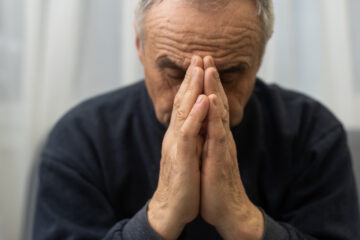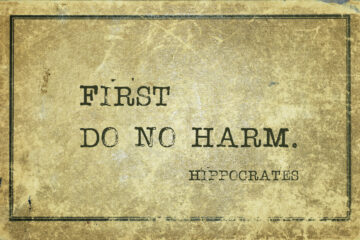Introduction
As we journey through life, it’s not uncommon to notice changes in our body’s balance and stability, especially as we age. Balance issues can significantly affect our daily lives and pose potential dangers, particularly in the context of neuropathy and poor posture. In this blog, we’ll delve into the intricacies of age-related balance problems, exploring their causes, consequences, and the steps we can take to prevent the risks of falling as we get older.
Understanding Age-Related Balance Issues
Age-related balance issues can stem from various factors, but two significant contributors are neuropathy and poor posture:
1. Neuropathy: Neuropathy refers to nerve damage, which can result from various underlying causes, including diabetes, chemotherapy, or even the natural aging process. When the nerves responsible for balance are affected, it can lead to sensations of unsteadiness and a higher risk of falling.
2. Poor Posture: As we age, our bodies tend to undergo postural changes, which can include a forward-leaning posture, rounded shoulders, and a weakened core. These changes can disrupt our body’s natural balance mechanisms, making it more challenging to maintain stability.
The Dangers of Falling in Older Age
Falling becomes increasingly perilous as we grow older, and the consequences can be severe:
1. Physical Injuries: Falls can result in fractures, sprains, and other injuries that may require prolonged recovery periods.
2. Loss of Independence: A serious fall can lead to a loss of mobility and independence, often necessitating additional assistance or long-term care.
3. Emotional Impact: The fear of falling can take a toll on mental health, leading to anxiety, social isolation, and reduced quality of life.
Preventing Falls and Enhancing Balance
The good news is that there are steps we can take to address age-related balance issues and reduce the risk of falling:
1. Strength and Mobility Training: Engaging in regular physical activity that focuses on balance, strength, and flexibility can significantly improve stability and posture.
2. Neuropathy Treatment: If neuropathy is a factor, addressing the underlying causes and symptoms is essential.
3. Balance Training: Participate in balance training programs to strengthen the muscles that support your posture and stability.
4. Chiropractic: The goal of chiropractic is to restore balance to your entire frame while also relieving pressure and improving joint stability.
Conclusion
Age-related balance issues, neuropathy, and poor posture are common challenges as we grow older, but they need not dictate our quality of life. By understanding the causes of these issues and taking proactive steps to address them, we can significantly reduce the risks associated with falling and maintain our independence and well-being. Don’t let balance concerns hold you back; take action today to stay steady on your feet and enjoy life to the fullest.
Dr. Jae Hitson, Clinical Director of Blue Umbrella Medical Center, Murfreesboro TN – www.blueumbrellamedical.com














